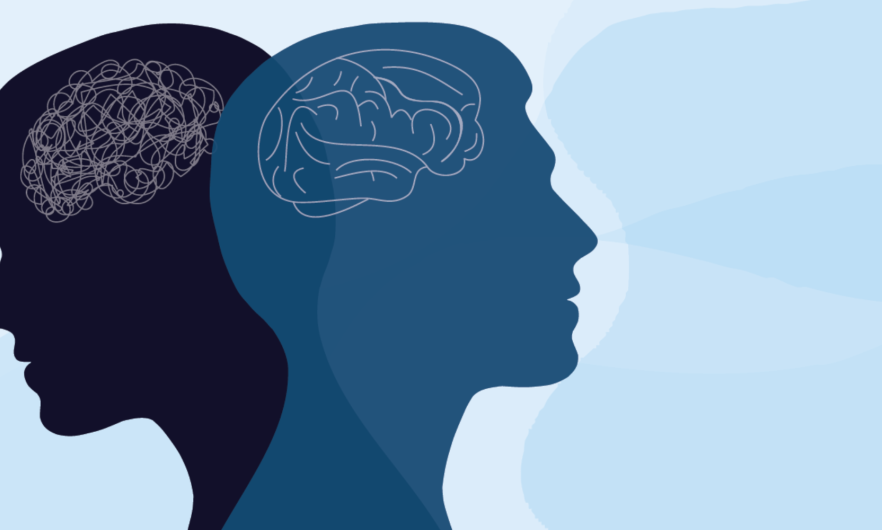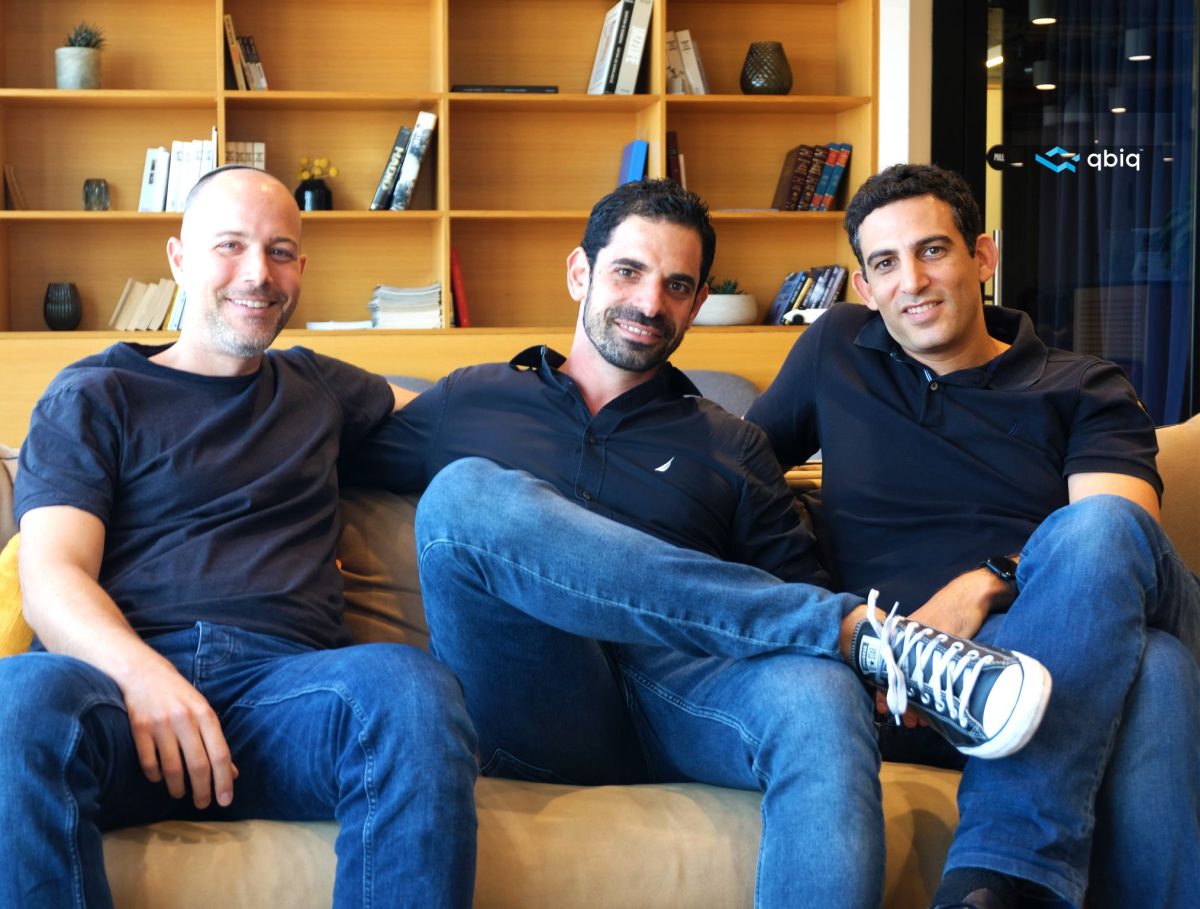Innovation in Mental Health

Introduction
On June 26, we had the privilege of co-hosting an exclusive fireside chat with Meta and ICAR Collective, focusing on Innovation in Mental Health, featuring a diverse group of entrepreneurs, HealthTech leaders, and mental health advocates.
The highlight of the evening was a thought-provoking presentation by Gila Tolub, co-founder of the ICAR Collective, followed by an engaging panel discussion on the barriers and innovations in mental health with Noam Gabison (Meta), Talia Cohen Solal (Neurokaire), and Irad Eichler (Circles).
Gila’s presentation provided a comprehensive overview of trauma, its definition and impact, and the challenges faced in addressing mental health needs, especially in the context of the recent events in Israel. She described how trauma can lead to chronic health conditions, negatively impacting productivity and security at both individual and national levels and in that way emphasized the necessity for a structured approach to trauma prevention and treatment, dividing efforts into primary prevention (resilience building), secondary prevention (early intervention), and tertiary prevention (rehabilitation).
Gila then outlined the current challenges associated with tackling the mental health crisis, such as the lack of standardized protocols for trauma response and the fragmented landscape (>250 NGOs and multiple clinics operating without a unified strategy). Ultimately, they advocated for the creation of a national trauma playbook, improved data sharing, and technological innovations to enhance mental health support and treatment. Gila concluded with a call to foster interdisciplinary collaboration to develop a national strategic roadmap for trauma management and to share insights globally to influence policy changes.
Panel Discussion Takeaways
We had the chance to have this conversation with three guests:
- Noam Gabison (Industry Manager for Digital Health at Meta, who leads initiatives leveraging technology to support mental health, both directly with its consumers/users as well as business customers)
- Talia Cohen Solal (CEO and co-founder of Neurokaire, a platform combining stem-cell tech, genomics and AI for treatment optimization and drug development in psychiatry and neurology)
- Irad Eichler (CEO and co-founder of Circles, a platform providing group support for individuals facing life challenges through peer-to-peer interaction)
1. Barriers to Entry and Market Education
The discussion highlighted several barriers to entry in the mental health space, including regulatory challenges, societal stigma, and the lack of a continuum of care. A significant obstacle is the insufficient use of data and scientific methods in diagnosing and treating mental health conditions, often treating it “more like an art than a science.” To address these barriers, there is a pressing need for enhanced data collection and analysis to refine and improve mental health treatments.
Additionally, despite growing awareness of mental health issues, there remains a considerable gap in both recognizing personal mental health challenges and understanding available solutions. Bridging this gap through comprehensive market education is crucial for the broader adoption of innovative mental health services.
2. Business Models and Market Strategy
The discussion also delved into the complexities of choosing the right business model for mental health innovations. While B2C (business-to-consumer) models can be challenging due to high customer acquisition costs, they can be essential for early validation with end customers. On the other hand, B2B (business-to-business) models, with enterprises and insurers, offer long-term sustainability and scaling but come with longer sales cycles. The panel suggested that a hybrid approach, combining both B2C and B2B strategies, might be the most effective in some cases as it allows companies to achieve early wins with direct consumer engagement while building the necessary relationships and infrastructure for more substantial enterprise partnerships in the long run.
3. Technological Innovations and Future Prospects
The panel was optimistic about the role of technological advancements in driving the future of mental health care. AI and machine learning technologies were highlighted for their potential to identify patterns and signals related to mental health issues, such as early warning signs of suicide, enabling timely interventions and more personalized care. Additionally, the panel discussed the promising pipeline of new drugs and treatments with several mechanisms of action that are being developed for mental health conditions, after decades with little innovation in psychiatric medications. The next decade is anticipated to be transformative for psychiatry, with significant advancements in both therapeutic and pharmacological approaches, as well as accessibility of care.
Conclusion
The event left us deeply inspired by the innovative ideas and passionate discussions about the future of mental health care. Takeaways ranged from the critical need for collaboration across sectors to overcome existing barriers, the need for a cohesive and strategic approach to trauma management all the way to the importance of adopting a hybrid business model to balance immediate revenue generation with long-term sustainability.
We look forward to continuing this important conversation and driving forward the innovations that can significantly improve mental health care. A heartfelt thank you to all our guests and participants for their invaluable contributions to making this event a truly memorable and impactful experience. Together, we can make a substantial difference in the field of mental health.


